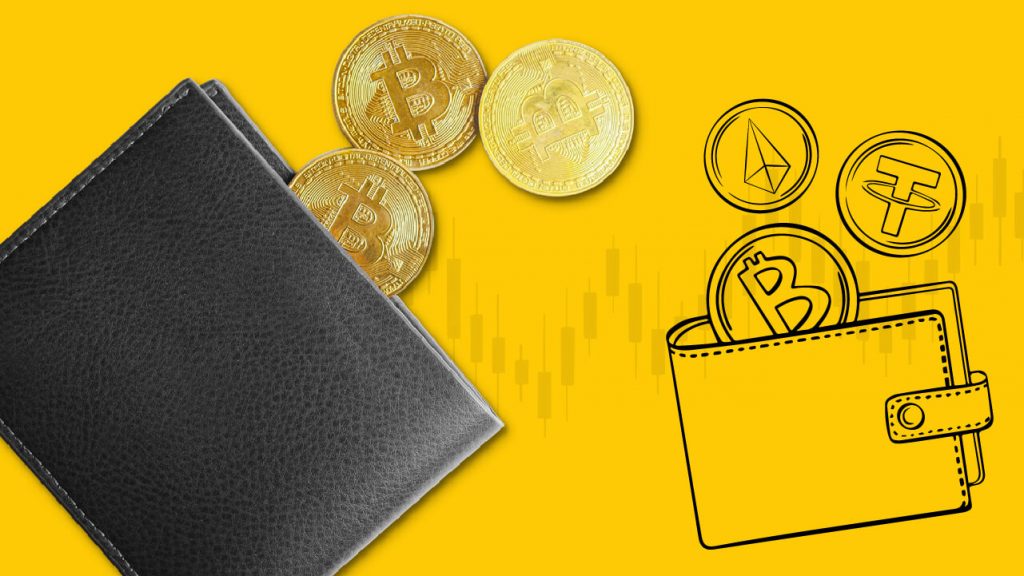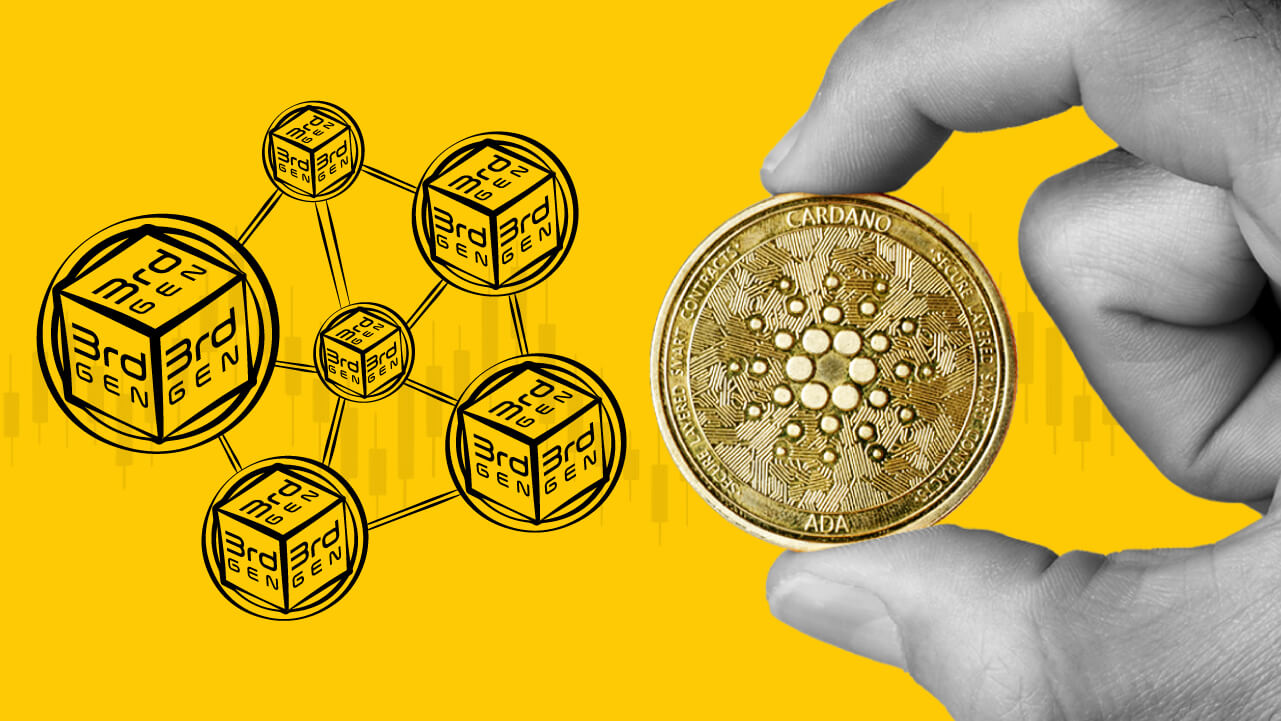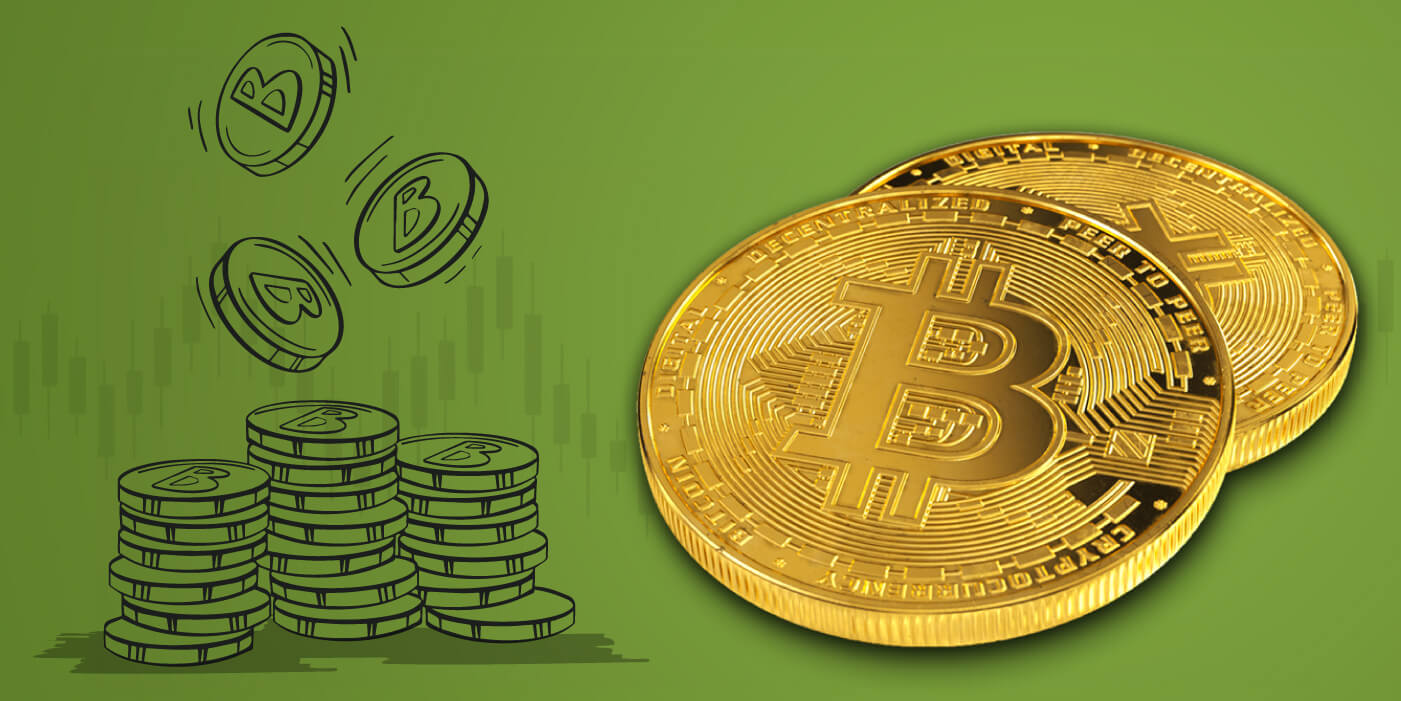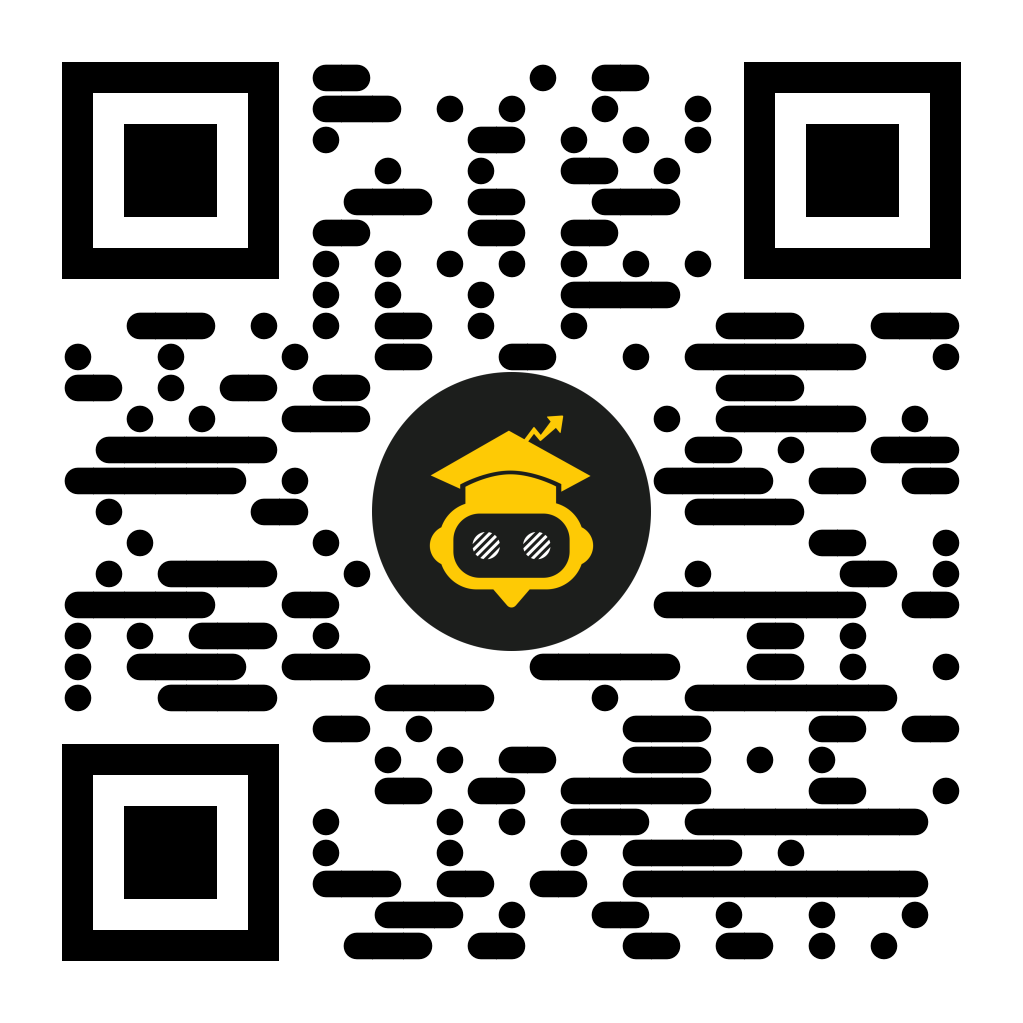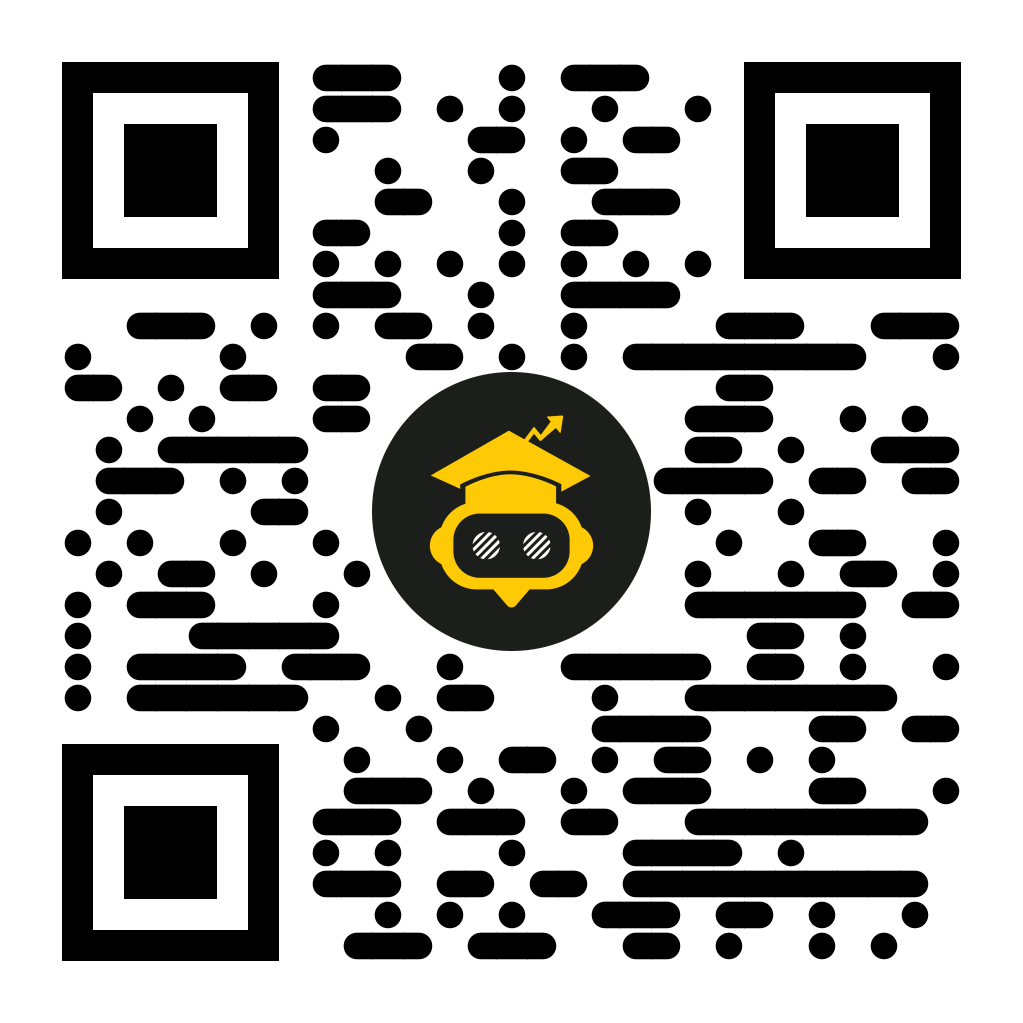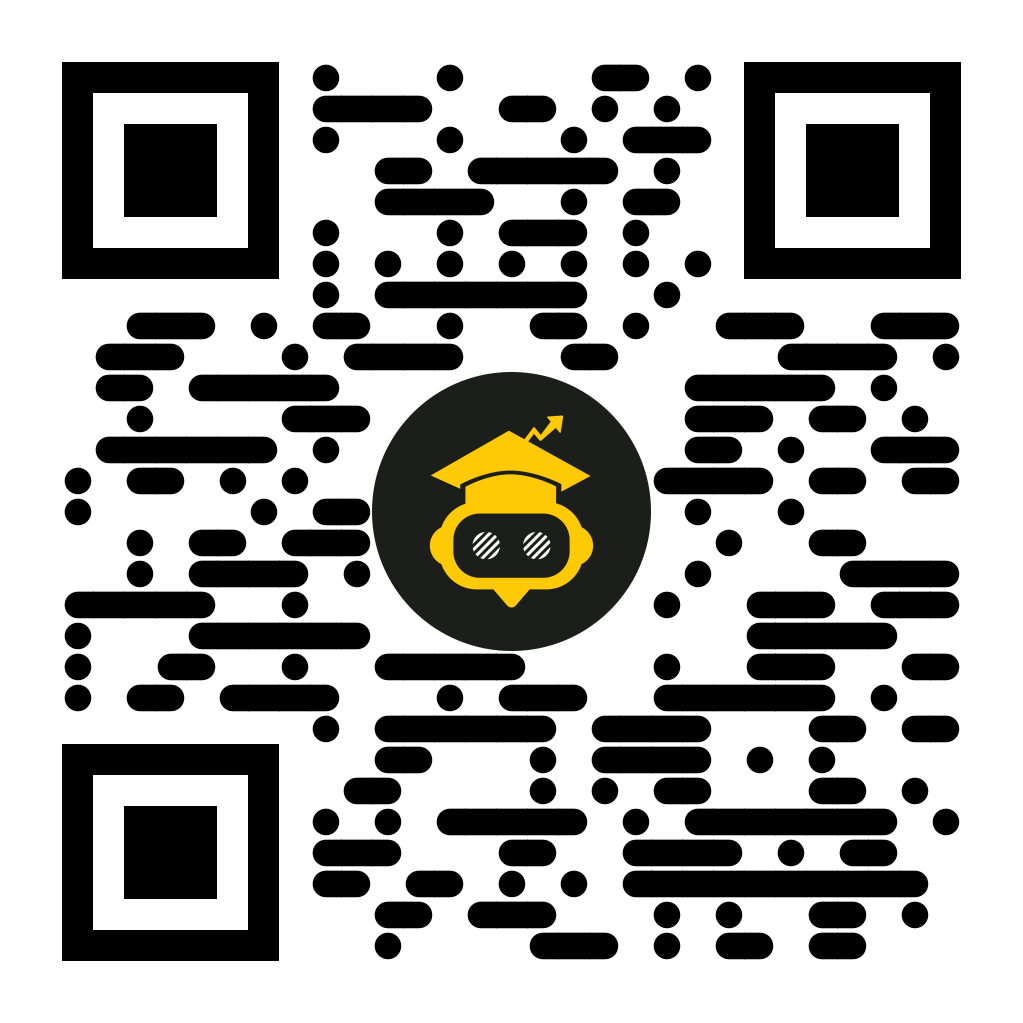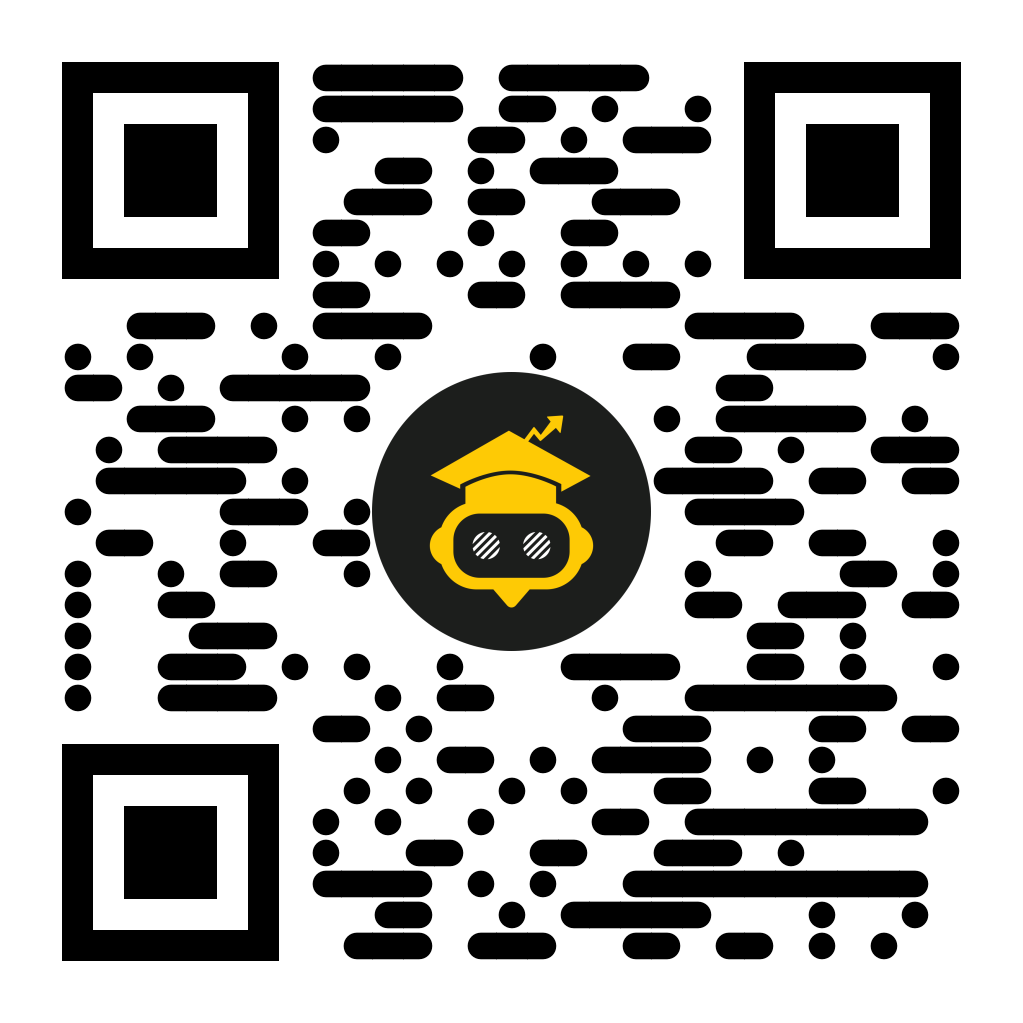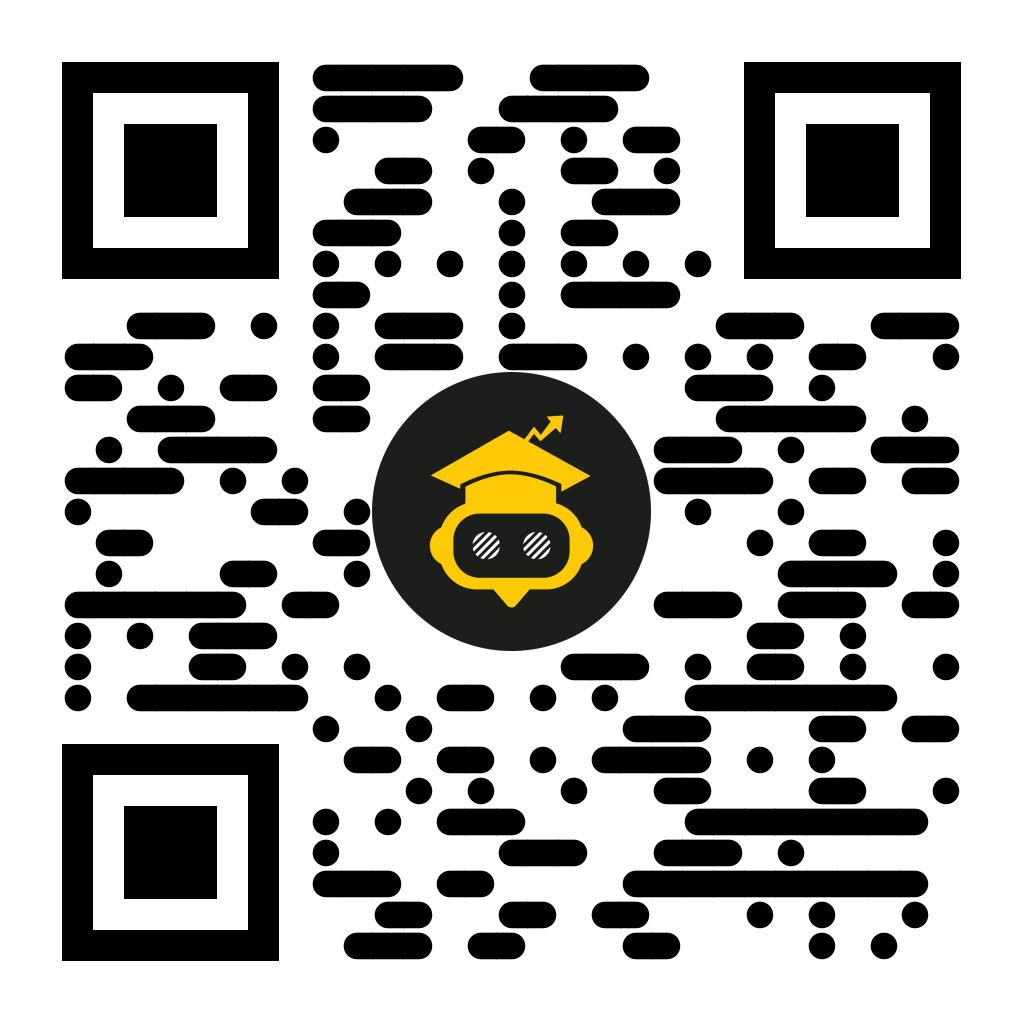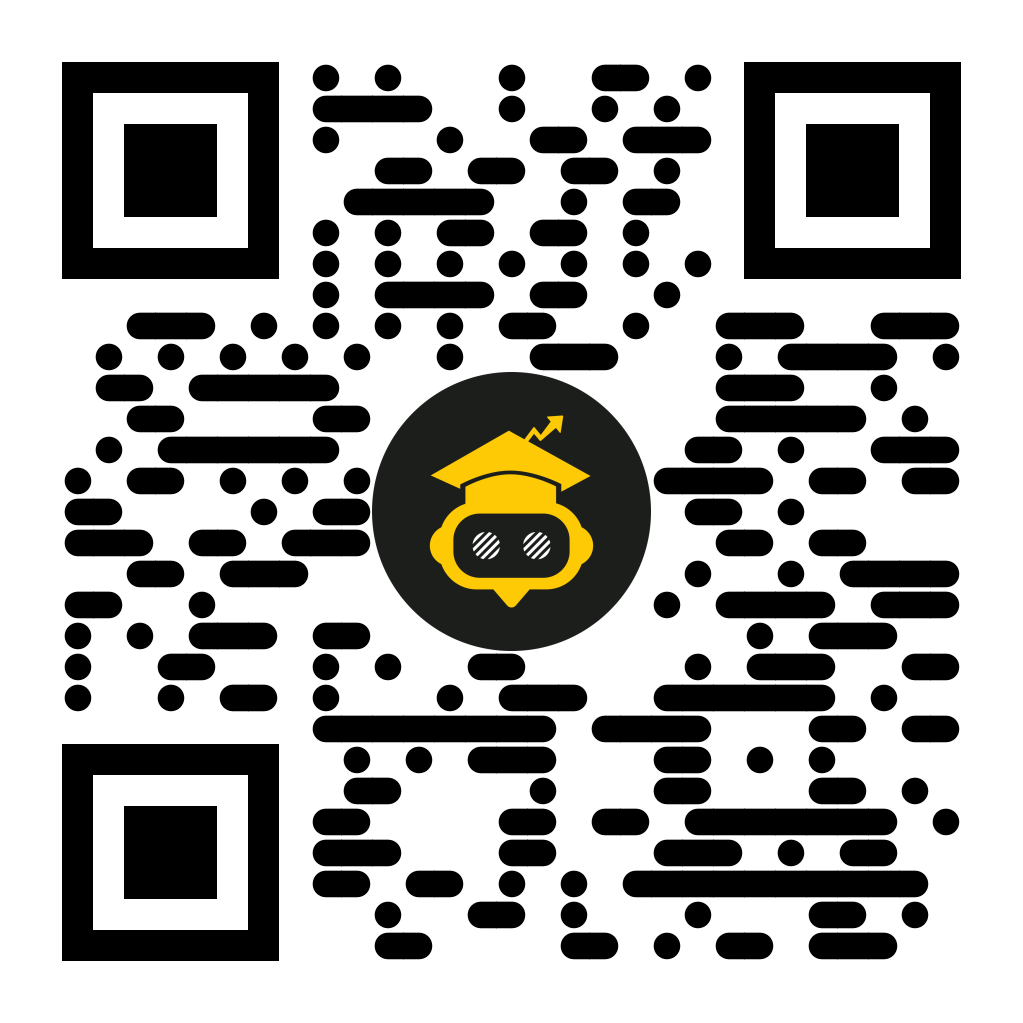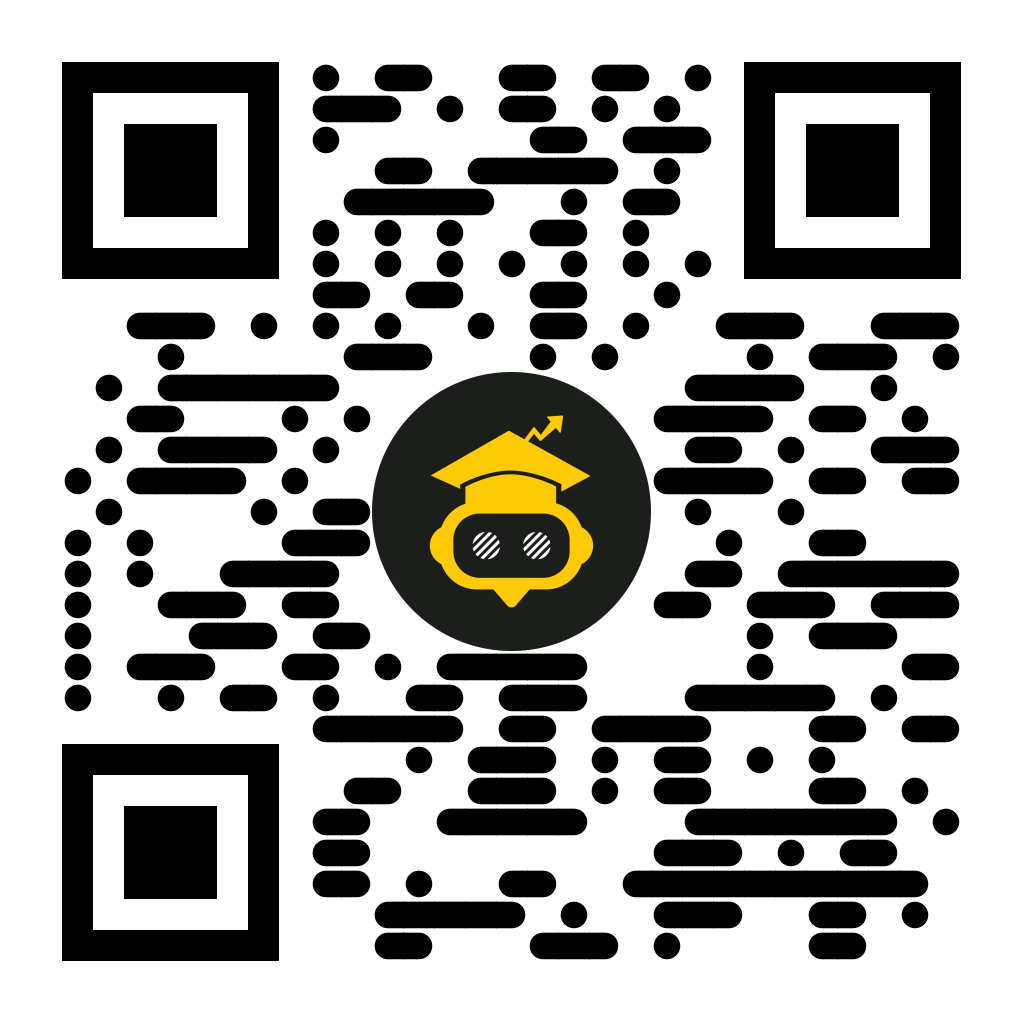INDEX
What is a Cryptocurrency Wallet?
How does a Cryptocurrency wallet work?
Types of wallets: hot and cold
Importance of using a wallet to manage your cryptocurrencies
What is a Cryptocurrency Wallet?
Also known as a crypto wallet or wallet, a wallet is a physical or virtual device that works thanks to software. Its purpose is to allow the administration of cryptocurrencies. It is the element that makes it easier for the end-user to receive and send cryptos using the respective blockchain of each currency.
How does a Cryptocurrency wallet work?

A wallet has two elements that make cryptocurrency transactions possible: The Public Key and the Private Key.
The public key acts as a “delivery address” or account number, as it allows the recipient of a crypto operation to be located. Said key can also generate different addresses without affecting the final result of the transaction. Since the nature of cryptocurrencies is to use cryptography and anonymity, it is recommended to vary the public key to maintain high levels of privacy in your operations.
The private key acts as a cryptographic signature for the public key, as it allows you to confirm that you have the delivery address and use the cryptos.
A recurring simile to explain this interaction is that the operation with the cryptocurrency is like a drawer that carries the stored assets, the public key acts as a lock that is placed on the drawer so that it cannot be opened by anyone and the private key is the key. According to this, the blockchain record would be the information on the existence of the drawer, how many cryptos it contains, and when it changed owners, but without revealing information such as names or private keys.
Now a curious fact is that the private key is unique, so we could say that it works like a master key to open our padlocks. For example, we could have hundreds and thousands of public keys in a wallet, and all of them could be opened with a single private key, specifically that of that same wallet.
Another very important element of a Wallet is the seed or wallet seed, this is a friendlier way of managing the private key because instead of a complicated alphanumeric code, 12 to 24 words of an everyday language are displayed, which must be used in a specific order, letting the user to remember it more easily. But it is also known as recovery words because they allow a wallet to be recovered in case of loss, meaning that whoever owns it has total control over the assets stored there, so it is vital not to forget it, much less share it with third parties.
Types of wallets: hot and cold
Cryptocurrency wallets can be divided into two large groups: hot wallets and cold wallets.
Hot wallets are all those wallets that remain connected to the internet. This makes them agile when it comes to carrying out transactions, but also less secure because they are susceptible to cyber-attacks. In this category we can find applications for smartphones and wallets as a browser extension, there are also the wallets assigned by some Exchanges and P2P trading platforms, but the latter usually have better security protocols because, generally, the platforms have partners that allow them to do use of strong security systems and have contingency policies in case of attacks.
Cold wallets are those wallets that are not connected to the internet to prevent the generation of keys from being hacked. The most common way to find them is in physical devices similar to a USB with a small screen to interact with (very similar to a bank security PIN). There are also paper wallets, which contain, in a QR code, the information that gives access to cryptocurrencies. are generally the ones delivered by crypto ATMs when you do not have your wallet. Their great advantage is that they are much safer, but whoever owns them must take into account the physical care they require, such as avoiding humidity, water, heat, or exposure to the sun, as well as not falling into the hands of another person.
Importance of using a wallet to manage your cryptocurrencies


